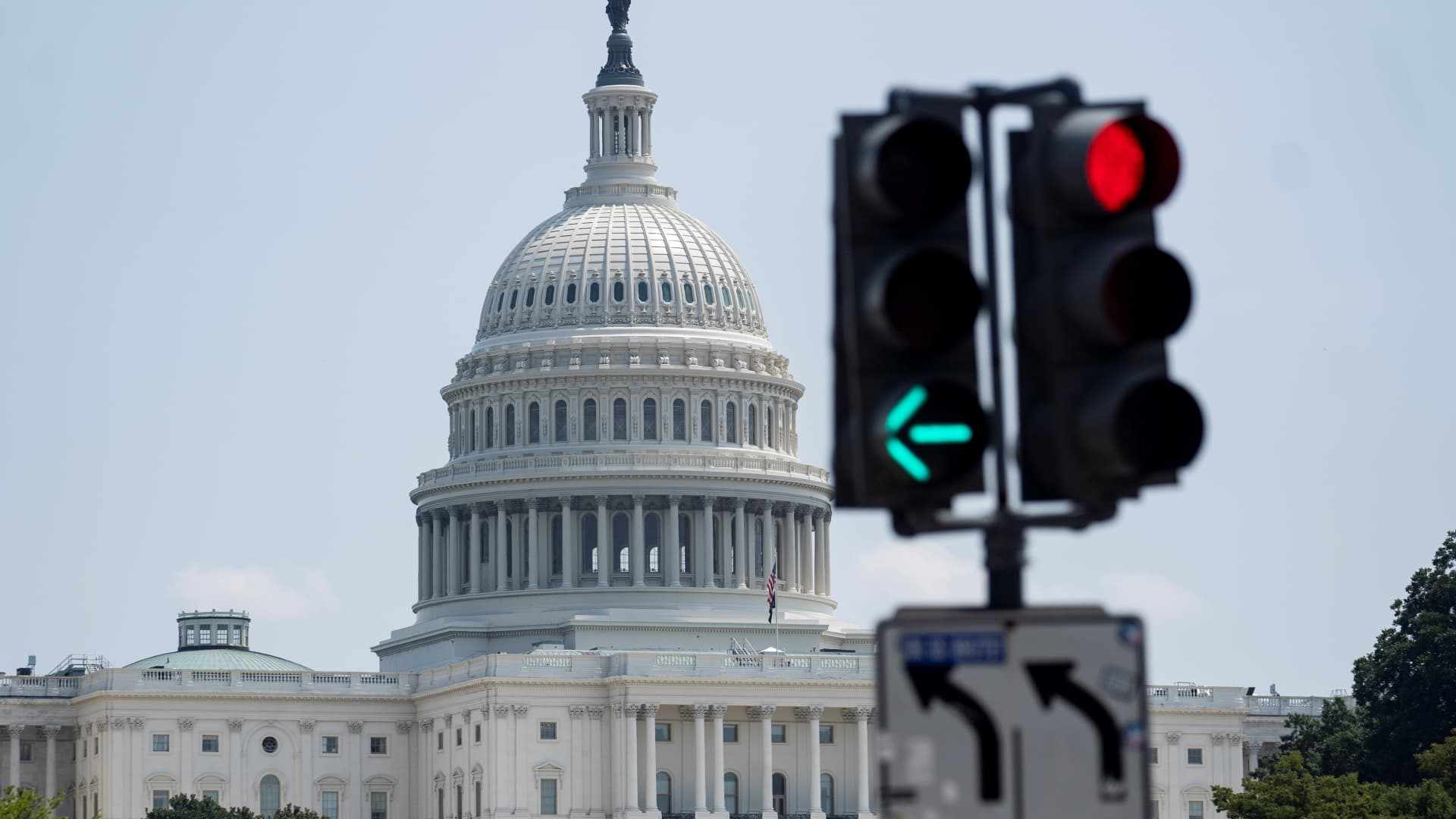After issuing record debt in 2020, Gulf countries will likely borrow less this year
- Date: 01-Mar-2021
- Source: CNBC
- Sector:Financial Markets
- Country:Gulf
After issuing record debt in 2020, Gulf countries will likely borrow less this year
Gulf nations issued a record amount of debt last year but will not have to borrow as much in 2021, according to analysts who spoke to CNBC.That's because the fiscal positions for countries in the Gulf Cooperation Council, or GCC, have likely improved thanks to a recovery in oil prices and as the regional economy bounces back from the pandemic's fallout, they said."2020 was an exceptional year," Trevor Cullinan, lead analyst of GCC sovereign ratings at S&P Global Ratings, told CNBC in February."Going forward, we don't think that there will be the same need as in 2020," he said. "We broadly expect fiscal consolidation over 2021 to 2023 “” we think the deficits will be smaller, (and) economic activity will be stronger."
Record levels of debt issued
"The amount reached a record high, driven by higher deficit financing needs resulting from the slump in oil prices and the impact of Covid-19," said Scott Livermore, chief economist of Oxford Economics Middle East.But oil prices have been climbing up due to a harsh winter in the U.S. as well as an improving global economic outlook.Those factors provide a "welcome reprieve" to Gulf budgets, said Livermore.
Benefits of turning to the bond market
Still, the need for






















